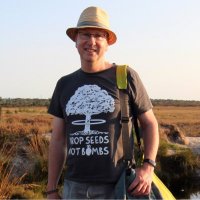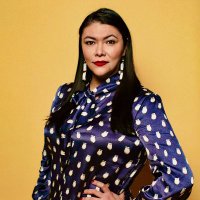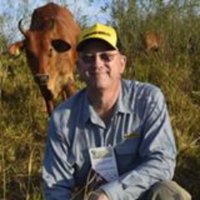
Dr. Ashley Conway
@dracconway
*MU Center for Agroforestry
*Silvopasture Scientist, she/her
*Agroecology Lorax 🌲🌾🐂🌳
*opins are only mine
ID: 1313166348688789510
https://scholar.google.com/citations?user=kgOMIpgAAAAJ&hl=en 05-10-2020 17:17:19
818 Tweet
380 Followers
413 Following
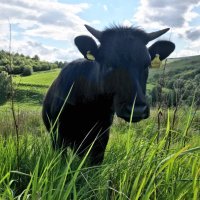
With the current debate between George Monbiot and Allan Savory leaving folk on both sides struggling to feel heard (including me) I thought I’d try and explain a bit more about why the grazing GM refers to and the grazing AS refer to are not the same - bear with me! 🧵 1/20
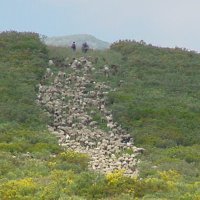
📢 It's out! The paper by Agustin del Prado Guillermo Pardo and me (BC3 - Basque Centre for Climate Change & GCC Group) at #npjClimAtmosSci npj Journals on emissions in two savannas in northern Tanzania, one dominated by wild herbivores and the other dominated by ruminant livestock. 🧵 (1/9) nature.com/articles/s4161…




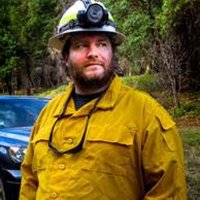

Excellent piece on the coloniality of (militarized) conservation in #Congo and beyond with wise words from @AbySene9 and my former colleague Mathew Bukhi Mabele

